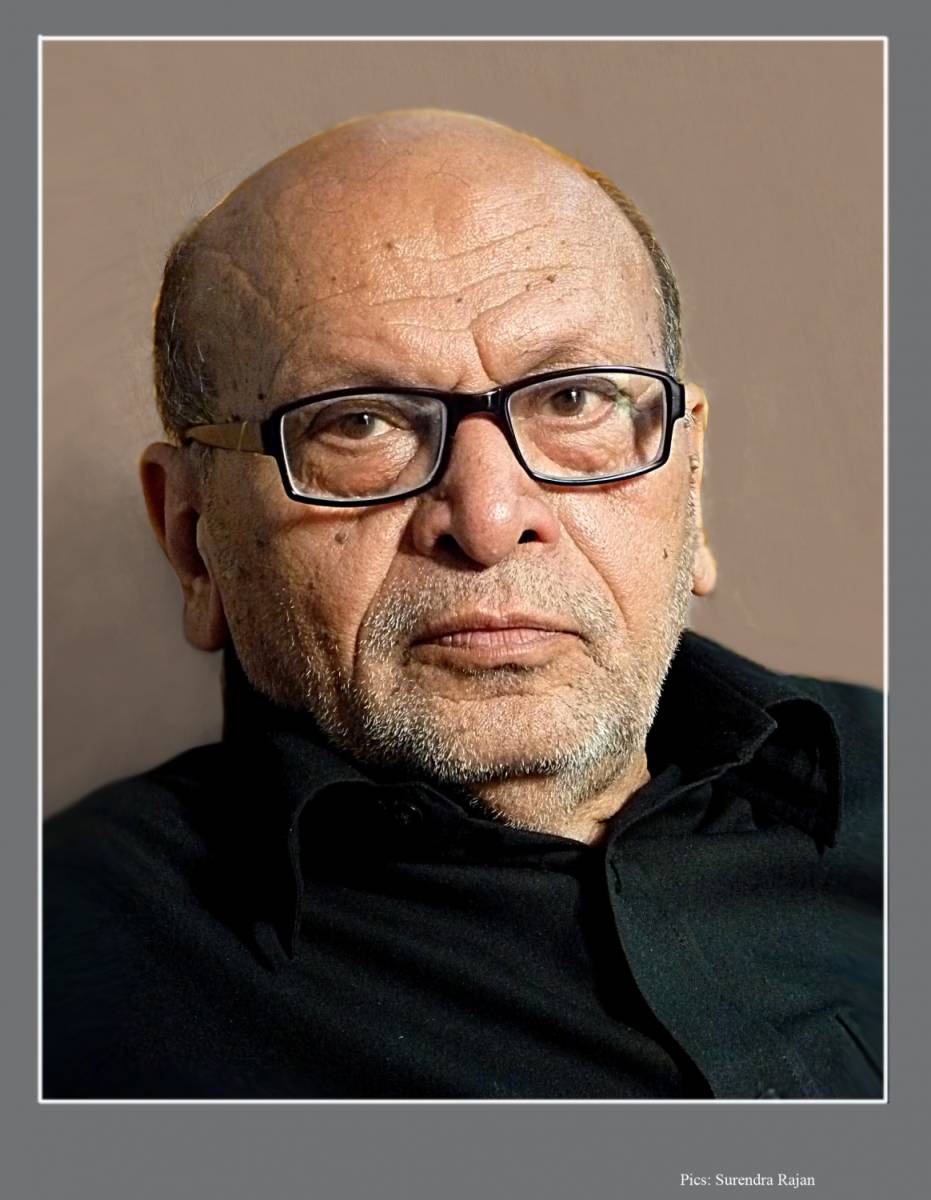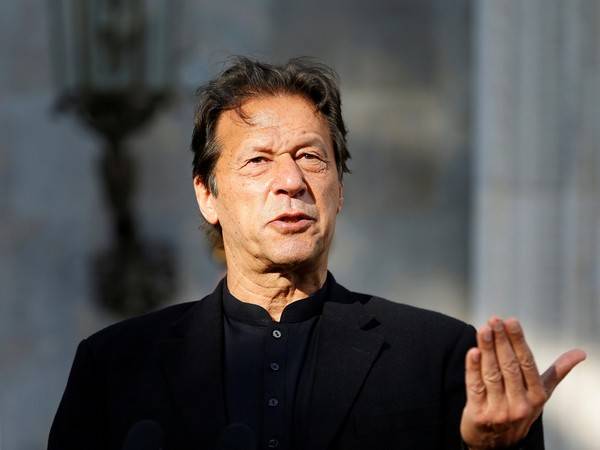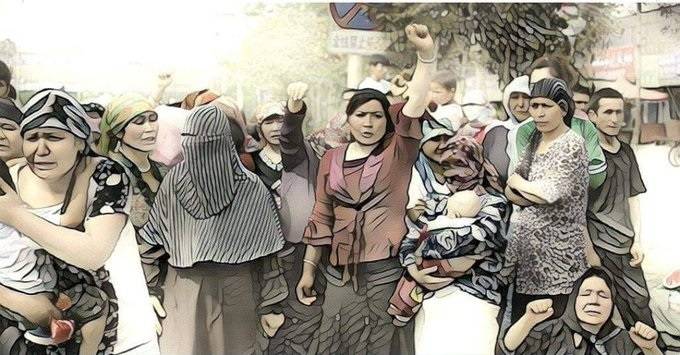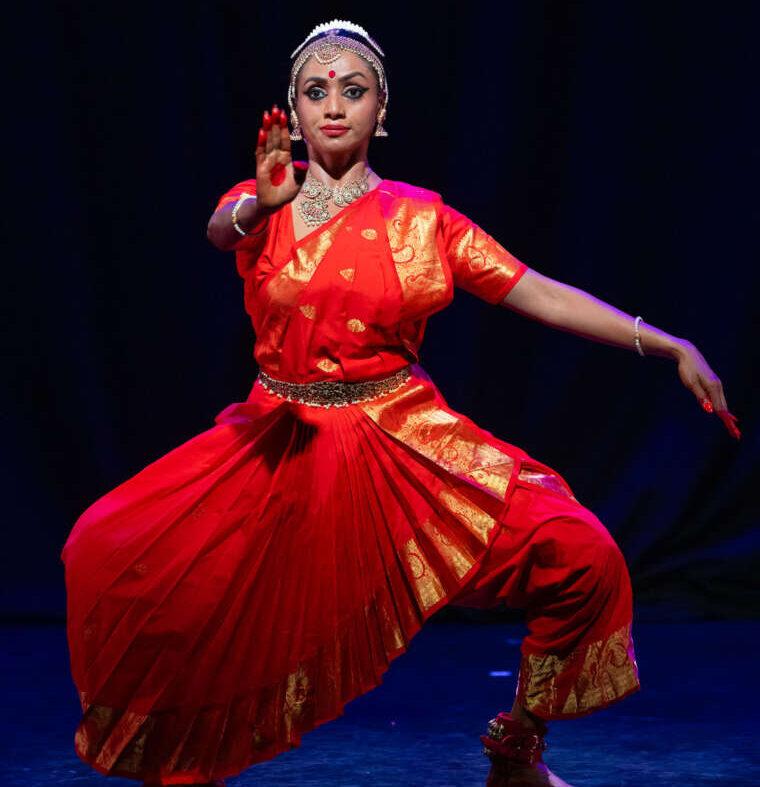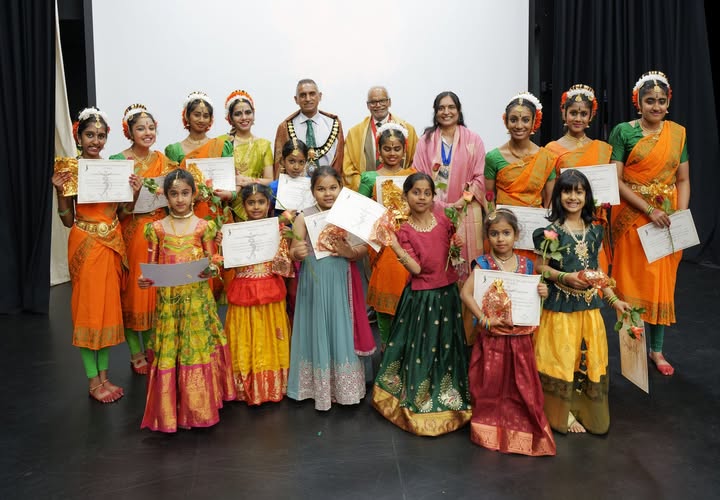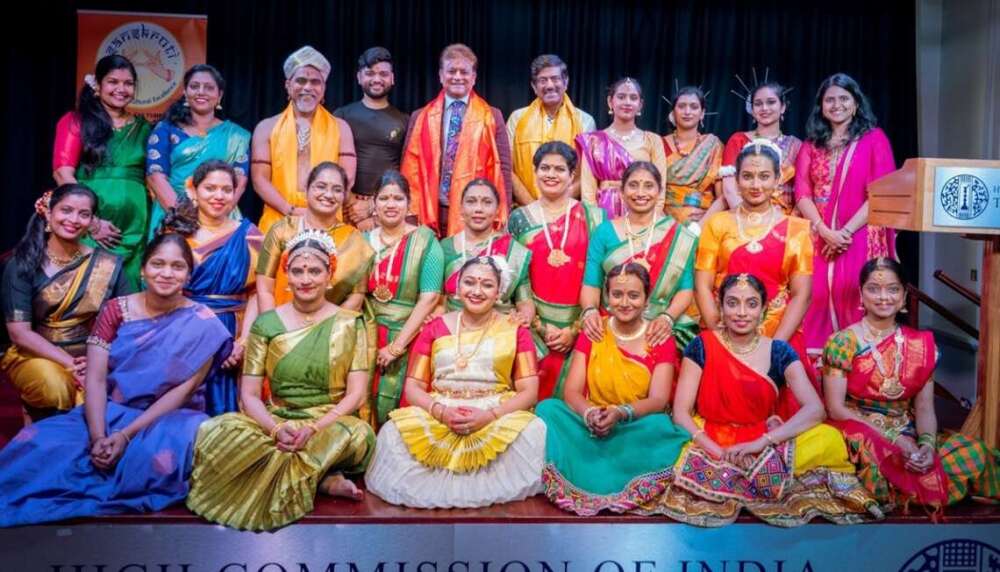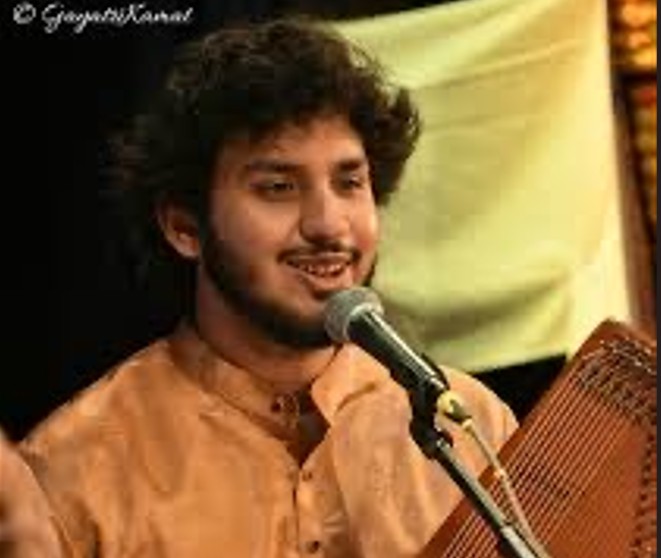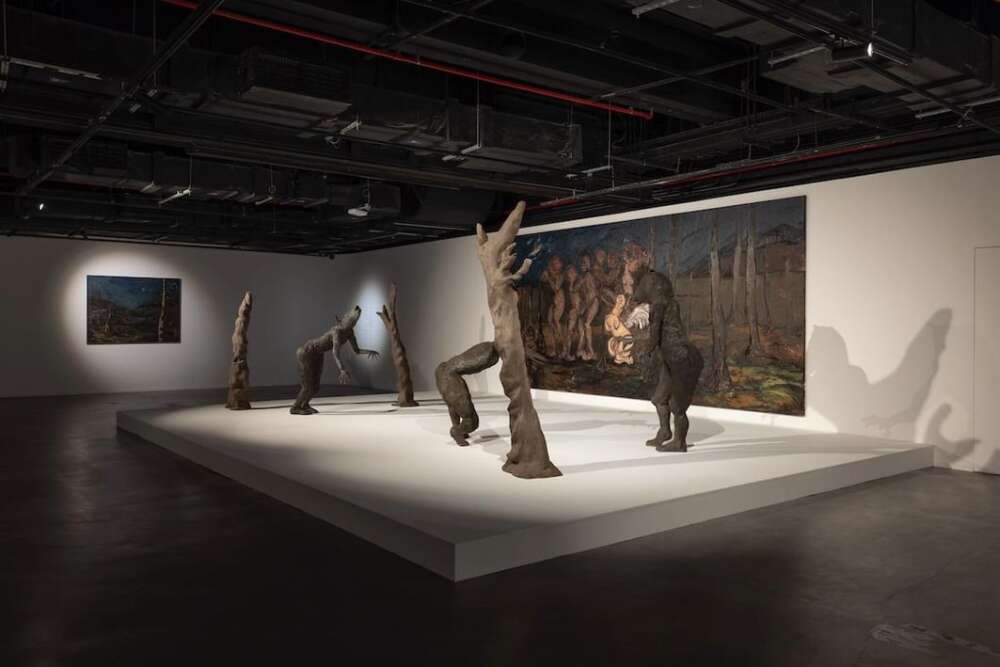Wajahat feels that it is important for independent groups to formulate a model wherein they do not have to depend on government funding and can generate revenue themselves…writes Sukant Deepak.
“How can art not be dangerous? After all, it guides people on how to think, presents narratives other than those propagated by those in power. No matter which party is in power, ideology withstanding, the government is always sacred of art. After all, the arts teach us to look at the grey areas, go within and find light there… Precisely why you will see much less importance given to culture not just by successive governments, but also the media that wants the population to absorb everything it preaches,” says author and playwright Asghar Wajahat.
Widely known for his play, ‘Jis Lahore Nai Dekhya, O Jamyai Nai’ which has become a modern classic, this writer of fiction and drama who has to his credit five collections of short stories, six collections of plays and street plays, and four novels is currently working on a new play derived from Greek playwright Aristophanes’ ‘Lysistrata’. Though the original may be a comic account of a woman’s mission to end the Peloponnesian war between Greek city-states by denying all the men of the land any sex, Wajahat has made it into serious work.
“I have taken some parts from the original but my version is not comic. I am hoping to complete it soon,” says the Sangeet Natak Akademi award-winning playwright.
Stressing that the Hindi theatre ecosystem needs an immediate overhaul, and major steps need to be taken to make it as vibrant as Bengali or Kannada theatre, he feels that in contemporary times, professional theatre in Hindi “lacks scope”.
“Hindi theatre was flush with government funding post-independence. Institutions like the National School of Drama (NSD) also came up. Huge funds meant that the productions that came up were elitest and could not connect to the common man, slowly, alienating them completely. Of course, some people did try, and are still trying to reverse the trend.”
Wajahat feels that it is important for independent groups to formulate a model wherein they do not have to depend on government funding and can generate revenue themselves.
“They must pick up scripts that will resonate with the public. I am not saying that the plays should be superficial. Do not underestimate the intelligence of the common man. When people can relate to what is happening on the stage, they will buy tickets to watch such plays. We will also have to look at alternate spaces to stage plays and not necessarily huge auditoriums in metros.”
For someone who writes both fiction and drama, it is the content that decides the form.
“There are certain thoughts and ideas that can be best communicated in prose. The same holds true when it comes to drama.”
Point out that major corporates prefer to fund mostly English theatre, and Wajahat feels that it is to do with the fact that they want their stamp on everything and a certain narrative in arts suits them.
“They are ready to give lakhs for an English production with all the frills, but not consider a Hindi play. They are aware that small independent theatre groups will never be able to match the glitter of their productions. Sadly, they will prefer to sponsor plays that suit their own outlook and worldview.”
Also, a documentary filmmaker who has made a film on the development of Urdu ghazal, he feels that much more needs to be done in order to introduce youngsters to Urdu.
“Why not translate some important Urdu literature into Hindi. Also, social media can play a very important role in that. However, in order to do all this in a systematic and structured way, one needs to have access to funds.”

As part of the second phase of the 10th edition of the International Hindi and Urdu Poetry Festival, Jashn-e-Adab in Delhi (December 17-19), the author feels that it is important to have more such festivals in the country in order to awaken youngsters to the richness of literature and culture.
“Of course, literature festivals across the country also need to understand that they do not really need big names from the film industry to gather people. People do have interest in art and culture, and when major names from literature and the arts are associated, they will be well-attended.”
ALSO READ-London Pays Tribute to Girish Karnad


